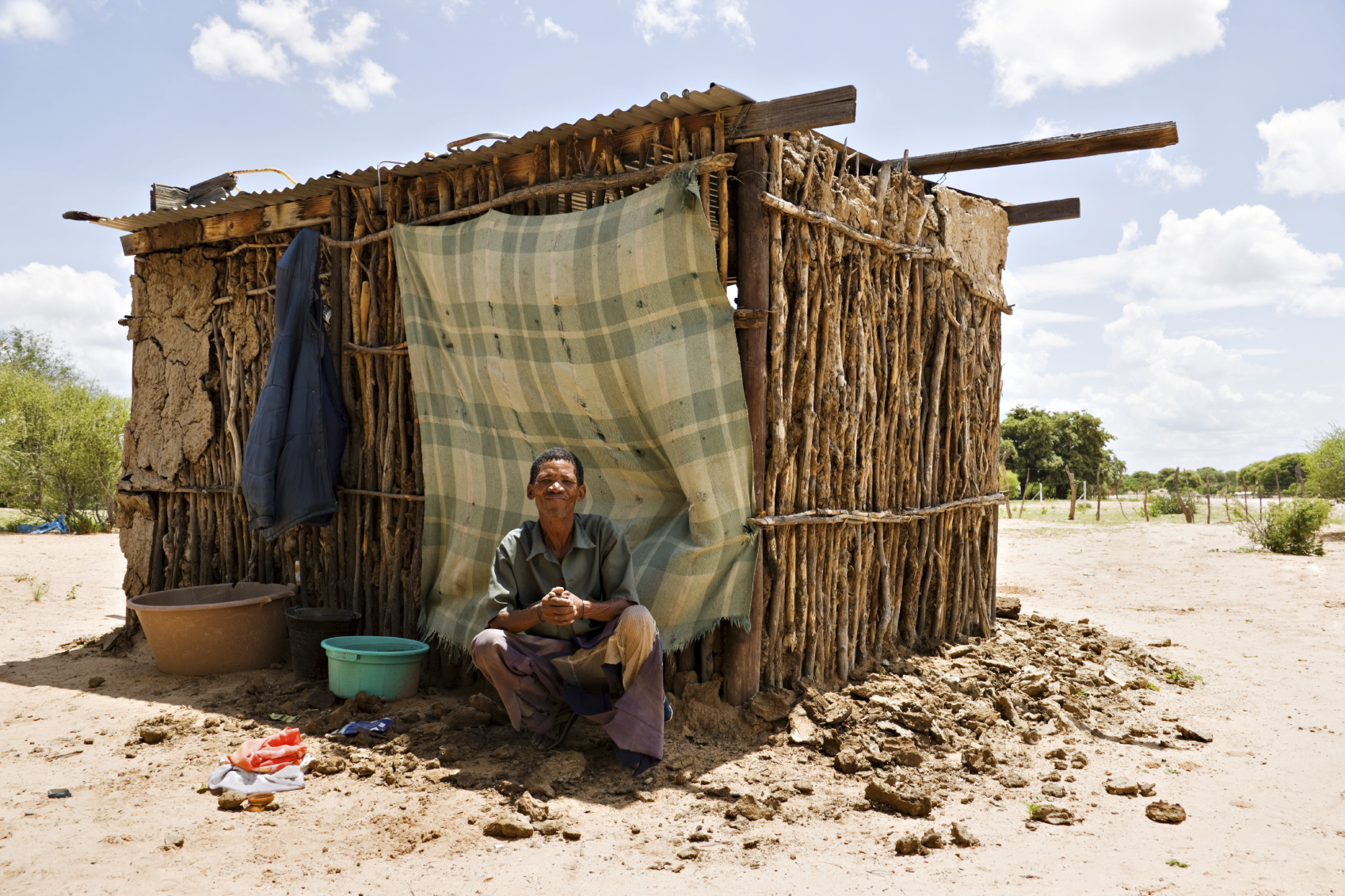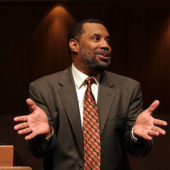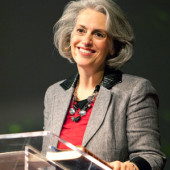Noted professor and author Brian Fikkert returns to Connecting Faith to talk about his latest book and reflect on current research trends on combating global poverty.
While North Americans continue to enjoy relative prosperity, one-third of the world’s population still lives on less than two dollars a day. Fikkert offers fresh insight on the local church making use of local resources to achieve lasting change, as he discusses his new book .
Brian shares his belief that the global center of Christianity has moved. Some of the most resource-poor churches in the world are now on the front lines of the gospel’s advance. So how can we in the global church step forward to help improve corrupt systems that are at the root of some of the world’s most extreme poverty?
We delve into some specifics on the economics of poverty. Is redistribution of resources the answer? And – if so – why hasn’t this model seen more success before?
The new buzzword in relief and development seems to be “micro-finance”. What’s behind this concept, and why is it so intriguing?
We look at the way that the extremely poor save money and contrast it with the expectations we have in the west. There is a spiral, in a sense, that envelopes many individuals in underdeveloped countries. Issues with work, health, and savings combine to ensure that the very poor will remain poor.
Why haven’t many relief and development agencies been more willing to combine their efforts with local churches? Is there a level of distrust there? And – if so – where does it come from?
Finally, how can those of us moved by the needs we see around the world step forward and do something that will actually make a difference?



















